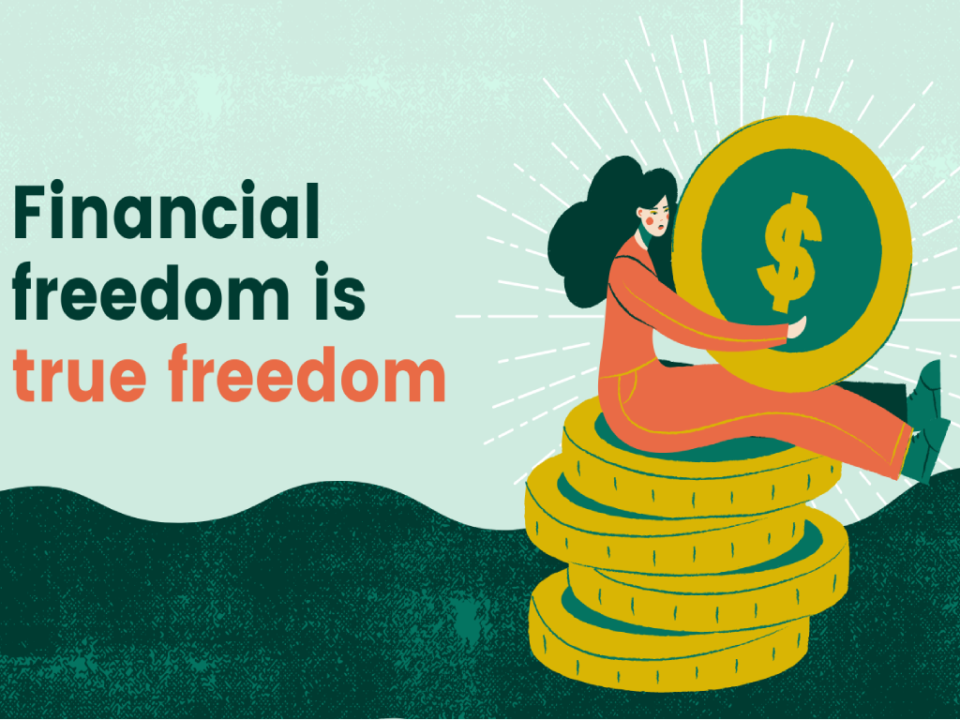- Have any questions?
- +91 9446 858 871
- +91 9400 550 510
- info@neomlmsoftware.com
5 Ways Crypto Payment Gateways Revolutionize MLM Software

From Door-to-Door to Digital: The Power of Changing Generational Perspectives in Direct Selling Initiatives
July 31, 2023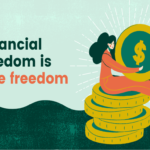
How Independent Crypto Payment Gateways are Shaping MLM Dynamics
August 16, 2023Are you a part of the multi-level marketing (MLM) world and looking to take your business to the next level? If so, you might want to consider integrating crypto payment gateways in MLM software. In this blog post, we will delve into the hidden advantages of using crypto payment gateways in the MLM industry and how they can revolutionize your business.
Table of Contents
The Rise of Cryptocurrency in MLM
Cryptocurrency has been gaining traction in various industries, and MLM is no exception. The decentralized nature of cryptocurrencies and blockchain technology ensures secure and transparent transactions, making them an ideal fit for MLM businesses. Here are some of the key advantages of integrating crypto payment gateways in MLM software
In recent years, the convergence of cryptocurrency and multi-level marketing (MLM) has given rise to a unique and potentially transformative business model. MLM, also known as network marketing or direct selling, is a marketing strategy that relies on a network of independent distributors to promote and sell products or services. On the other hand, cryptocurrency, a digital or virtual form of currency, operates on decentralized blockchain technology and has gained popularity as an alternative financial system. This article explores the factors contributing to the rise of crypto payment gateways in MLM software, the advantages and challenges of this marriage, and its potential impact on the MLM industry.
Factors contributing to the rise of cryptocurrency in MLM
- Global Reach and Efficiency:
Cryptocurrencies enable seamless cross-border transactions, facilitating MLM companies to expand their operations globally. With reduced transaction fees and faster settlement times, MLM distributors can access a broader customer base and receive payments without the complexities of traditional banking systems. - Decentralization and Security:
The decentralized nature of blockchain technology ensures a higher level of security, transparency, and immutability. These features are attractive to MLM companies, assuring their distributors and customers of a tamper-resistant payment system and safeguarding against fraud and unauthorized activities. - Financial Inclusion:
Cryptocurrencies have the potential to bring financial services to unbanked and underbanked populations worldwide. This aligns with the MLM philosophy of empowering individuals to start their own businesses, providing new opportunities for economic growth in regions with limited access to traditional financial infrastructure. - Incentivized Participation:
MLM often relies on complex compensation plans to motivate and reward distributors for recruiting new members and achieving sales targets. Cryptocurrencies offer a unique incentive mechanism through token rewards, creating a more engaging and rewarding experience for distributors.
Advantages of Cryptocurrency in MLM
- Borderless Transactions: crypto payment gateways in MLM software to transcend national borders, allowing for seamless and cost-effective transactions across the globe.
- Lower Transaction Fees: Traditional financial systems can impose significant fees on international transfers, eating into profits. Crypto Payment Gateways currencies can significantly reduce these fees, benefiting both MLM companies and distributors.
- Speedy Payments: Crypto Payment Gateways transactions are processed quickly, providing distributors with faster access to their commissions and earnings.
- Enhanced Security: Utilizing blockchain technology, Crypto Payment Gateways transactions are highly secure and transparent, minimizing the risk of fraud and ensuring trust between MLM companies and their network.
Challenges and Risks
- Regulatory Uncertainty: The regulatory environment surrounding cryptocurrencies is still evolving in many countries. MLM companies utilizing cryptocurrencies must navigate potential legal complexities and compliance issues.
- Volatility: Cryptocurrencies are known for their price volatility, which can lead to fluctuating distributor earnings and create challenges in planning and financial management.
- Perception and Reputation: MLM has faced scrutiny and criticism in the past, and the association with cryptocurrencies may raise additional concerns about legitimacy and sustainability.
The convergence of crypto payment gateways in MLM software holds great promise for reshaping the MLM industry, opening new doors for global expansion, financial inclusion, and innovative incentive structures. However, as with any emerging field, there are challenges and risks that companies must carefully consider and address. By leveraging the advantages of cryptocurrencies and proactively managing potential risks, MLM businesses can seize the opportunities presented by this evolving landscape and potentially revolutionize the way they operate, rewarding distributors and customers alike in the process.

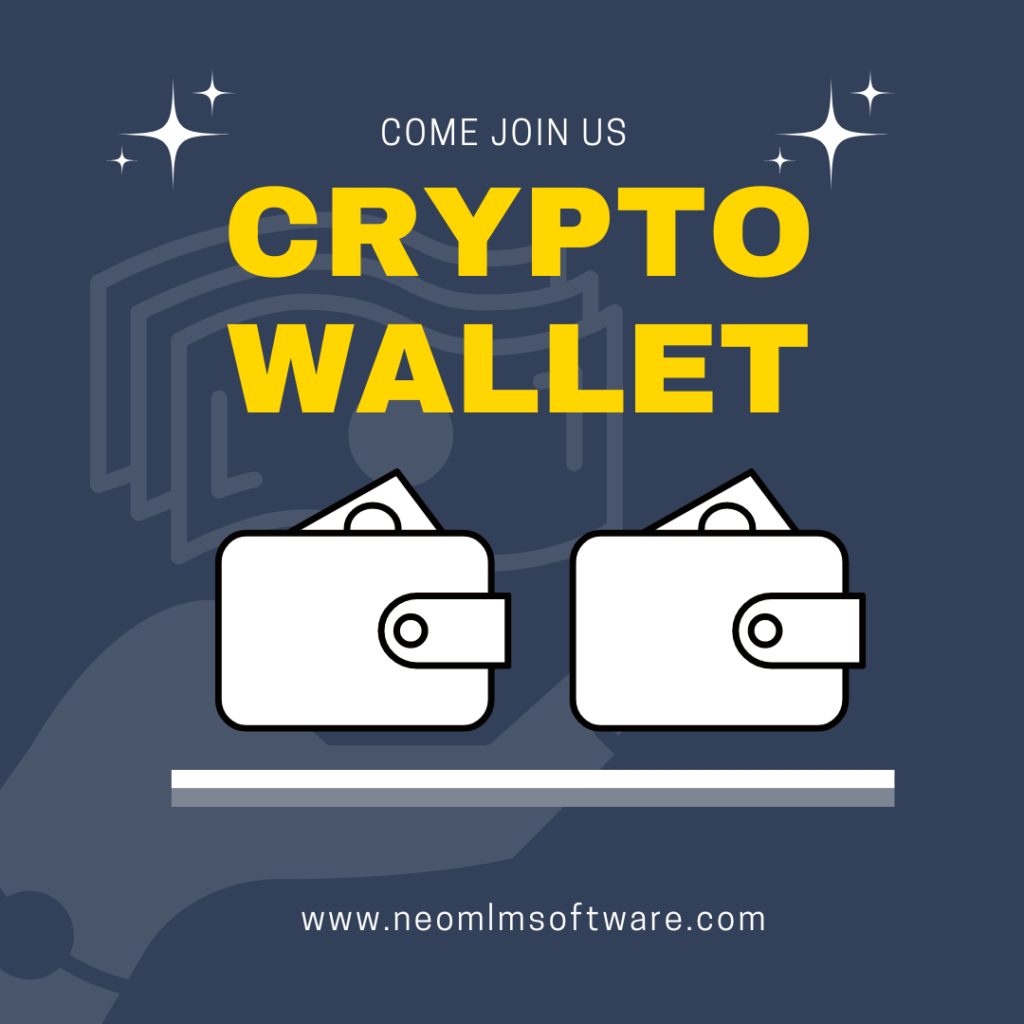
Enhanced Security
One of the biggest concerns in any online business is security. With traditional payment methods, there is always a risk of fraud and chargebacks. However, cryptocurrency transactions are highly secure due to their cryptographic nature. Each transaction is recorded on the blockchain, making it immutable and nearly impossible to alter, ensuring that your MLM business remains protected from fraudulent activities.
Enhanced security is a critical aspect of the rise of cryptocurrency in various applications, and crypto payment gateways in MLM software). Cryptocurrencies leverage blockchain technology to provide robust security measures, ensuring the safety and integrity of transactions and data. Here are some key points highlighting how enhanced security benefits MLM companies and their distributors:
- Immutability: Blockchain’s immutable nature ensures that once a transaction is recorded on the blockchain, it cannot be altered or deleted. This feature prevents any unauthorized changes to transaction records, making it extremely difficult for bad actors to manipulate or falsify payment information within the MLM network.
- Decentralization: Unlike traditional centralized systems, blockchain operates on a distributed network of nodes. Each node holds a copy of the blockchain, and any new transaction must be verified and agreed upon by the majority of nodes. This decentralization significantly reduces the risk of a single point of failure or data breach, making it more challenging for hackers to compromise the system.
- Cryptography: Cryptocurrencies use advanced cryptographic techniques to secure transactions and user identities. Public and private key pairs ensure that only the intended recipient can access the funds, adding an extra layer of security to protect against unauthorized access.
- Consensus Mechanisms: Different cryptocurrencies employ various consensus mechanisms to validate and confirm transactions. Proof-of-Work (PoW) and Proof-of-Stake (PoS) are popular examples. These mechanisms prevent fraudulent activities and maintain the integrity of the network by requiring participants (miners or validators) to solve complex mathematical puzzles or hold a certain amount of coins.
- Transparent and Auditable: Blockchain’s transparent nature allows anyone to view the transaction history while ensuring that personal information remains encrypted. This transparency enhances trust among MLM distributors and their customers, as they can verify the accuracy of transactions and track commissions in real-time.
- Smart Contracts: Smart contracts are self-executing agreements with predefined conditions encoded in the blockchain. They automate processes, eliminating the need for intermediaries and minimizing the risk of human error or manipulation in MLM compensation plans.
- Protection against Chargebacks: Traditional payment methods like credit cards are susceptible to chargebacks, which can lead to financial losses for MLM companies. Cryptocurrency transactions, once confirmed, are irreversible, mitigating the risk of chargebacks and providing more certainty for MLM businesses.
- Identity Protection: Cryptocurrencies allow users to transact pseudonymously, providing an extra layer of privacy and reducing the risk of identity theft and fraud within the MLM ecosystem.
While the enhanced security features of cryptocurrencies offer significant advantages, it is crucial for MLM companies and their participants to remain vigilant against other security risks. These may include phishing attacks, malware, social engineering, and the need to secure private keys and digital wallets properly.
By leveraging the enhanced security provided by cryptocurrencies and adopting best security practices, MLM companies can foster a more secure and trustworthy environment for their distributors, customers, and the overall network. As the technology continues to mature, it is expected that cryptocurrencies will further enhance security measures, bolstering their position as a transformative force in the MLM industry.
Global Transactions Made Easy
MLM businesses often operate on an international scale, which means dealing with different currencies and exchange rates. Crypto payment gateways simplify this process by enabling seamless cross-border transactions. With cryptocurrencies, you can avoid the complexities of international banking and ensure faster, more efficient transactions with participants from all over the world.
Global transactions have become significantly easier and more efficient with the advent of various technological advancements, especially in the realm of digital finance. Crypto Payment Gateways and other digital payment methods have played a significant role in simplifying cross-border transactions, making it convenient for individuals and businesses to send and receive funds internationally. Here are some key points highlighting how global transactions have been made easy
- Decentralization: Cryptocurrencies operate on decentralized blockchain networks, removing the need for intermediaries like banks. This eliminates the delays and complexities associated with traditional financial systems, allowing for direct peer-to-peer transactions across borders.
- Instant Transfers: With cryptocurrencies, global transactions are processed much faster compared to traditional banking systems, which often involve intermediary banks and international clearance processes. Cryptocurrency transactions can be completed in minutes or even seconds, making it ideal for time-sensitive payments.
- Lower Transaction Fees: Traditional banking systems often impose hefty fees on international transactions, especially for cross-currency transfers. Crypto Payment Gateways typically have lower transaction fees, enabling users to send larger amounts of money without incurring excessive charges.
- No Currency Conversion Hassles: When using Crypto Payment Gateways for global transactions, there’s no need for currency conversion since cryptocurrencies like Bitcoin, Ethereum, or stablecoins are universally accepted. This eliminates the extra step and cost associated with converting currencies.
- Financial Inclusion: Cryptocurrencies provide a unique opportunity for individuals in regions with limited access to traditional banking services to participate in the global economy. All that’s required is an internet connection and a digital wallet.
- 24/7 Accessibility: Traditional banking systems have operating hours and may not process transactions on weekends or holidays. In contrast, cryptocurrencies operate 24/7, allowing for transactions at any time, regardless of the day or time zone.
- Security and Privacy: Cryptocurrencies offer a high level of security through cryptographic encryption. Users have control over their private keys, providing enhanced privacy and protection against identity theft and fraud.
- Smart Contracts: Some cryptocurrencies, like Ethereum, enable the use of smart contracts, which are self-executing agreements with predefined conditions. This feature allows for automated and programmable transactions, simplifying complex payment arrangements.
- Micropayments: Cryptocurrencies make it feasible to send very small amounts of money cost-effectively, which is particularly useful for micropayments or cross-border remittances.
- Global E-commerce: With the ease of global transactions, e-commerce businesses can expand their reach to international markets, opening up new opportunities for growth and customer acquisition.
Despite these advantages, it’s essential to acknowledge that some challenges remain in the widespread adoption of cryptocurrencies for global transactions. These challenges include regulatory uncertainties, price volatility, scalability concerns, and the need for education about digital finance for broader acceptance.
In conclusion, Crypto Payment Gateways and digital payment methods have revolutionized the way global transactions are conducted, making them faster, more accessible, and cost-effective. As technology continues to evolve, the global financial landscape is likely to witness further enhancements, empowering individuals and businesses worldwide to engage in seamless and secure cross-border transactions.
Lower Transaction Fees
Crypto Payment Gateways in MLM Software often charge high transaction fees, cutting into your MLM business’s profits. Cryptocurrencies, on the other hand, have significantly lower transaction fees, allowing you to save on costs and increase your revenue. This cost-effectiveness is particularly beneficial for MLM businesses that rely heavily on frequent and small transactions.
Lower transaction fees are a significant advantage of using cryptocurrencies and digital payment systems compared to traditional banking and financial services. Here are the key reasons why cryptocurrencies offer lower transaction fees:
- No Intermediaries: Cryptocurrencies operate on decentralized networks without the need for intermediaries like banks. Crypto Payment Gateways In traditional financial systems, each intermediary involved in a transaction charges a fee for its services. With cryptocurrencies, direct peer-to-peer transactions eliminate the costs associated with multiple intermediaries.
- Minimized Processing Costs: Crypto Payment Gateways transactions are processed through blockchain technology, which automates and streamlines the verification and validation process. This automation reduces the need for manual intervention and paperwork, leading to lower administrative costs and, in turn, lower transaction fees.
- No Currency Conversion Fees: When making international transactions with traditional banking systems, currency conversion fees can be substantial. Cryptocurrencies, being borderless and universally accepted, eliminate the need for currency conversions, saving users from these additional costs.
- Uniform Fees: Cryptocurrency transaction fees are often uniform, regardless of the amount being transferred. In contrast, traditional banking systems may charge higher fees for larger transactions, making cryptocurrencies more cost-effective for transferring significant sums.
- Competitive Market: The growing popularity of cryptocurrencies has led to increased competition among blockchain networks and digital payment providers. This competition drives service providers to offer competitive and lower transaction fees to attract users and remain relevant in the market.
- Decentralization and Community Consensus: The decentralized nature of cryptocurrencies means that transaction fees are determined by the community and consensus mechanisms within the blockchain network. This democratic approach ensures that fees remain fair and reasonable.
- Micropayments and Small Transactions: Cryptocurrencies are well-suited for micropayments and small transactions due to their lower fees. This makes them ideal for use cases such as online tips, pay-per-view content, and other microtransactions that might be uneconomical with traditional payment methods.
- Financial Inclusion: Lower transaction fees enable financial inclusion for individuals in economically disadvantaged regions, who may find traditional banking fees prohibitive. Crypto Payment Gateways provide a cost-effective alternative for these individuals to participate in the global economy.
- Smart Contract Optimization: Some cryptocurrencies, like Ethereum, utilize smart contracts that allow users to specify the exact fees for their transactions. This customization enables users to optimize fees according to their specific needs and budget.
Despite the advantages of lower transaction fees in the cryptocurrency space, it’s essential to note that fees can still fluctuate based on network demand and the chosen blockchain’s capacity. Users should remain aware of the current fee structures and select appropriate fee levels to ensure timely and cost-effective transactions.
In conclusion, lower transaction fees are one of the key reasons why cryptocurrencies have gained traction as a viable alternative to traditional financial systems. Crypto Payment Gateways in MLM Software With the potential for cost savings increased financial inclusion and efficiency, cryptocurrencies continue to pave the way for a more accessible and decentralized global economy.
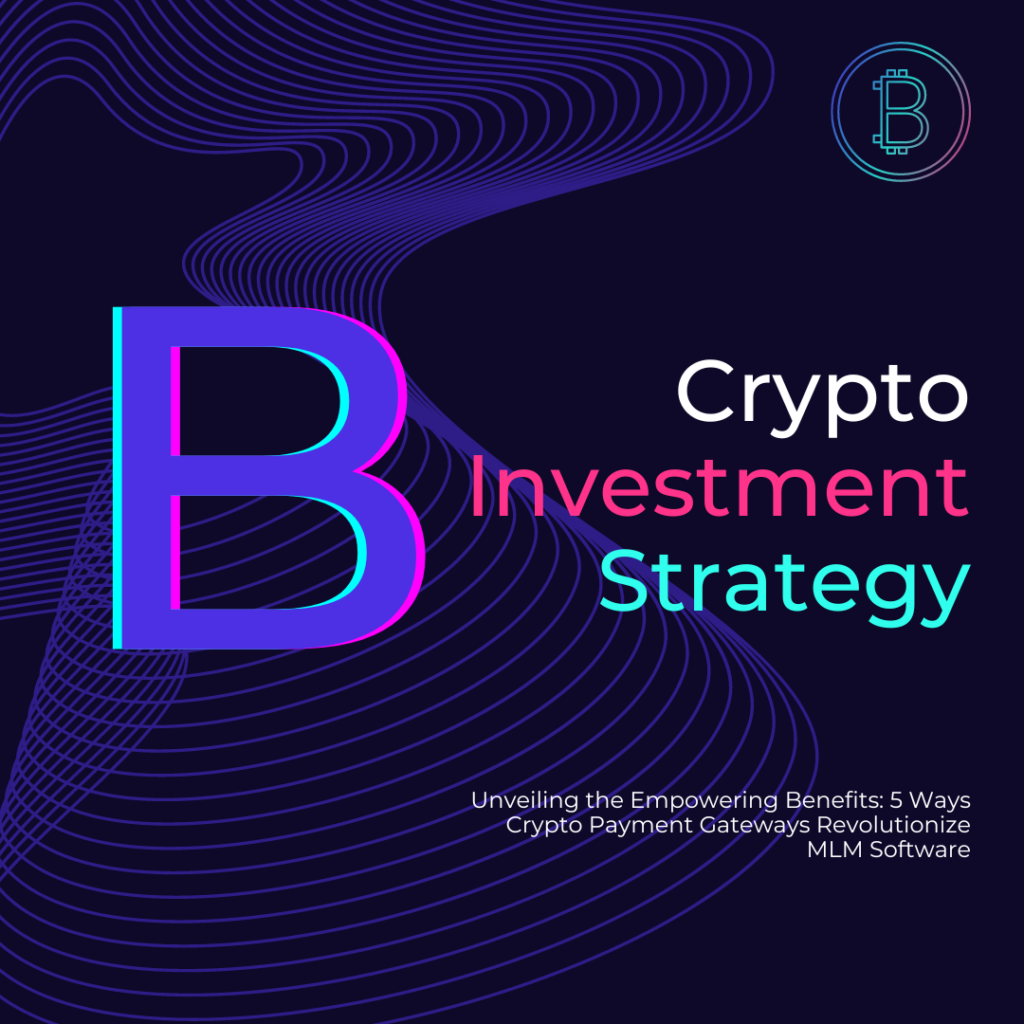
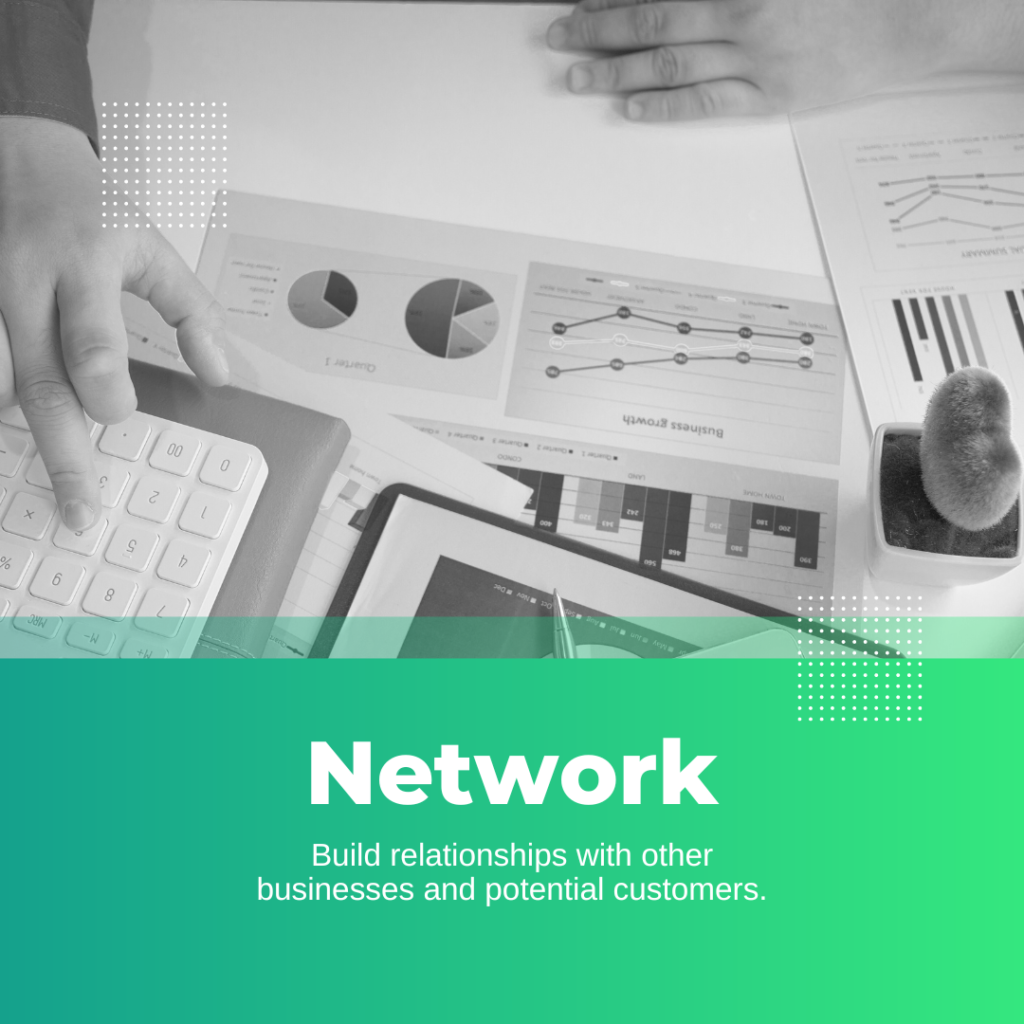
Anonymity and Privacy
Participants in MLM businesses may value privacy in their financial transactions. Cryptocurrencies offer a higher level of anonymity compared to traditional Crypto Payment Gateways methods. Users can conduct transactions without revealing sensitive personal information, providing them with added privacy and security.
Anonymity and privacy are important features of cryptocurrencies that have sparked both interest and debate. These attributes are often seen as distinguishing factors compared to traditional financial systems, where personal information and transaction histories are more readily accessible to centralized authorities and financial institutions. Here’s how anonymity and privacy work in the context of cryptocurrencies:
- Pseudonymity: Cryptocurrencies offer a level of pseudonymity, meaning that users can transact without revealing their real-world identities. Instead of using personal information like names or addresses, users utilize cryptographic addresses or public keys, making it more challenging to trace transactions directly back to individuals.
- Decentralization: Cryptocurrencies operate on decentralized blockchain networks, which means that transaction data is distributed across a network of nodes. There is no central authority or intermediary with access to all transaction details, contributing to enhanced privacy.
- Private and Public Keys: Each cryptocurrency user has a pair of cryptographic keys: a public key, which is visible to others and used for receiving funds, and a private key, which should be kept secret and is used to sign transactions. This cryptographic security ensures the privacy and security of transactions.
- Confidential Transactions: Some cryptocurrencies, like Monero and Zcash, focus explicitly on privacy and offer features like confidential transactions and shielded addresses. These features use advanced cryptographic techniques to obscure transaction amounts and sender/recipient information, further enhancing privacy.
- Limited Personal Data: While cryptocurrency transactions may be recorded on a public blockchain, they typically include minimal personal data. The transaction details usually comprise the sender’s public address, the recipient’s public address, the transaction amount, and a timestamp.
- Permissionless and Inclusive: Cryptocurrencies are permissionless, meaning anyone can create a digital wallet and begin transacting without requiring approval from a central authority. This inclusivity allows people to participate in the financial system without disclosing personal information.
- Protection Against Identity Theft: Unlike traditional financial systems where personal information can be compromised through data breaches or hacking incidents, cryptocurrencies reduce the risk of identity theft since users are not required to provide extensive personal details during transactions. SO most companies following Crypto Payment Gateways in MLM Software.
However, it’s essential to recognize that while cryptocurrencies provide a level of privacy, they are not entirely anonymous. Certain data, such as transaction history and wallet balances, is publicly accessible on the blockchain. Advanced analysis and data linkage techniques could potentially identify users based on patterns or interactions with external entities.
The balance between privacy and compliance with regulations and anti-money laundering (AML) measures remains a topic of ongoing discussion. Some governments and regulatory bodies have expressed concerns about the potential misuse of anonymity in cryptocurrencies for illegal activities, leading to efforts to establish frameworks to address these issues.
In conclusion, anonymity and privacy are essential aspects of cryptocurrencies that offer users greater control over their financial information and transactions. However, it’s vital to understand the nuances of privacy features and potential implications to ensure responsible and compliant use within the broader financial ecosystem.
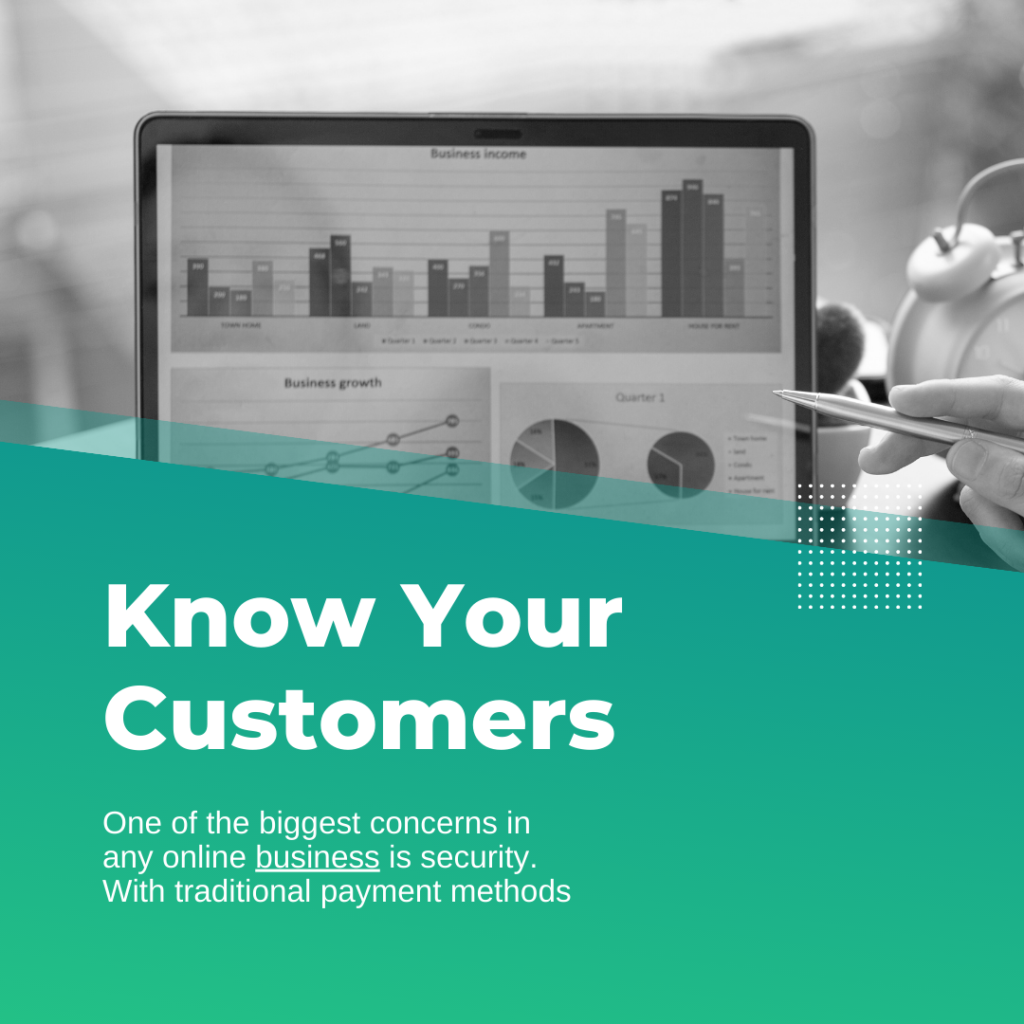
FAQs
Q: Are crypto payment gateways difficult to integrate into existing MLM software? A: No, integrating crypto payment gateways into existing MLM software is typically a straightforward process. Many reputable crypto payment gateway providers offer seamless APIs and plugins for easy integration.
Q: Can I receive traditional currency even if customers pay in cryptocurrencies? A: Yes, most crypto payment gateways allow you to convert received cryptocurrencies into your desired fiat currency, making it convenient for your business needs.
Q: Is cryptocurrency volatility a concern for MLM businesses? A: While cryptocurrency prices can be volatile, most payment gateways offer options for immediate conversion to fiat currency, minimizing exposure to price fluctuations.
Conclusion
In conclusion, the adoption of Crypto Payment Gateways in MLM Software brings numerous hidden advantages. Enhanced security, global reach, cost-effectiveness, and privacy are just some of the benefits that can revolutionize your MLM business. By embracing cryptocurrency, you open up new opportunities for growth and tap into a tech-savvy customer base.
Embrace the future of MLM with crypto payment gateways, and take your business to greater heights! Make sure to choose a reliable crypto payment gateway provider to ensure a smooth and secure transition. Embrace the power of blockchain and Crypto Payment Gateways in MLM Software business today!
NEO MLM Software provides the best mlm software . Most MLM companies suggest a NEO MLM software because our team will be providing best Crypto Payment Gateways dedicated and well-experienced developers so if you face any issues or any live updations team will assist any time anywhere. So the new most advantages are supporting wing. Best Plans demo also available in the free version of Binary, Matrix, Unilevel, Board And CRM software also available, if you need any payment integration team will provide Crypto Payment Gateways and currency payment gateways. For more details please contact our sales team.


